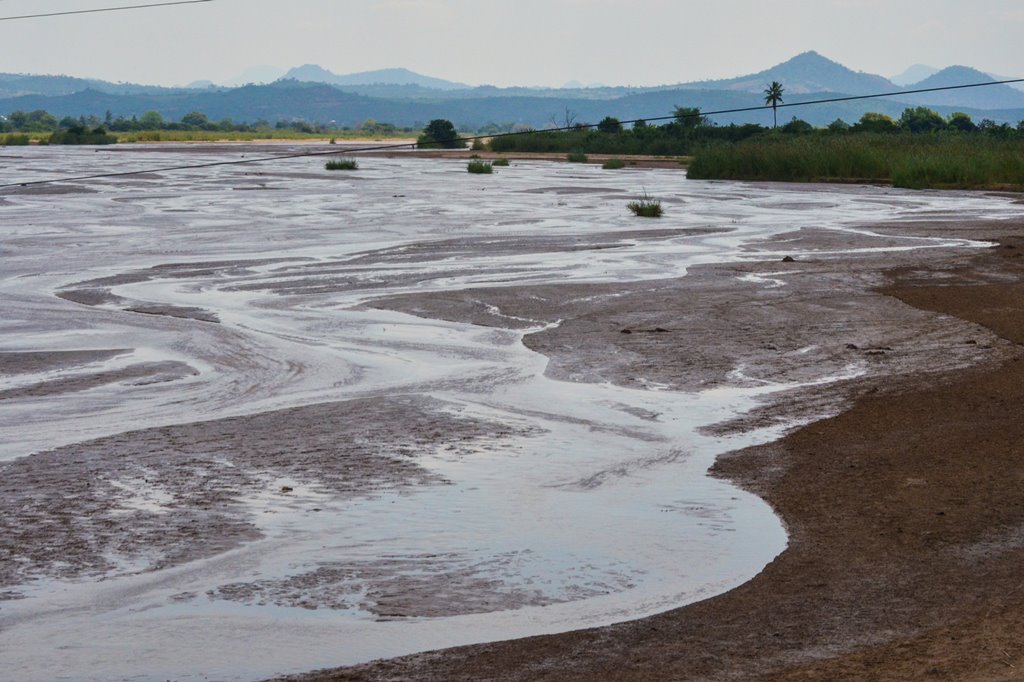AfricaPress-Tanzania: IN Tanzania, like elsewhere in the world, safe, secure, and sufficient supplies of fresh water would yield far-reaching benefits, from faster economic growth to a lower risk of violent conflict.
But experts in the water sector say achieving these goals requires significant sustained investment – particularly in protection of wetlands – to meet surging demand.
The experts warn that water as an essential natural resource is running out. If we are to reverse this trend, investing in natural solutions is our best hope.
They say that less than one percent of all water on is accessible or usable fresh water held in inland wetlands, including rivers, lakes, marshes, peatlands, and underground aquifers.
These wetlands are nature’s water harvesters, cleaners, and bankers. By capturing, purifying, and storing rain and floodwater before releasing it when needed, they enable the global water cycle that ensures a constant supply.
For Tanzania, wetlands’ full integration into water planning and management across all economic sectors would bring far-reaching benefits.
Sufficient water supplies could stimulate economic growth, reduce conflict, and relieve environmental stress. But that requires significant sustained investment to meet surging demand.
Worldwide, consumption of fresh water has increased six-fold over the last 100 years, and demand is still rising, with agriculture, industry, and energy accounting for 90 per cent of the total.
At least 55 per cent more water will be required by 2050 to meet the demand created by economic growth, urbanisation, and a global population of nearly 10 billion people. Researchers say already there is considerably less water per person now than there was just two decades ago.
As a result, over three billion people face severe water shortages, which often fuel violent conflict. By 2050, more than half the world’s people will be water-insecure; in dry regions, climate change will aggravate scarcity.
So, for us in Tanzania we need to take deliberate measures to save and protect wetlands. Their versatility is especially relevant when considering that water crisis ranks among the top five global risks in terms of impact.
Their water-harnessing capacities above and below ground – counteracting droughts, floods, and the impact of melting glaciers – are particularly important.
In Tanzania, wetlands are particularly vulnerable because they are frequently considered wasteland to be converted for farming and development.
This tendency highlights the lack of understanding of wetlands’ critical role that underpins the water crisis.
To ensure safe, secure, and adequate water supplies, we must focus on the connection between human dependence on water and what we do to wetlands.







